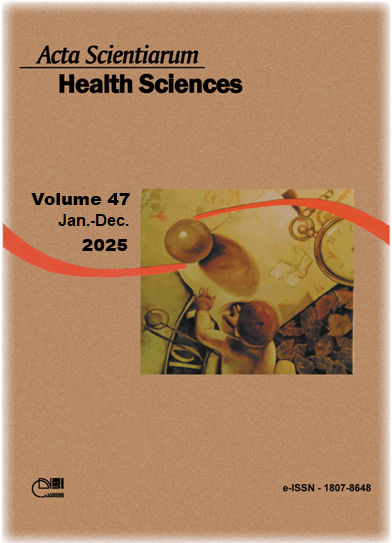How to advance legal education for future environmental health
Abstract
Legal education is a fundamental component of professional training in environmental health. As environmental health graduates are often responsible for disease prevention, as health experts, they need to receive the necessary training related to various work issues and possible aspects related to it during their student life. This study aimed to determine the effectiveness of the legal training program for environmental health students. This quasi-experimental study was conducted between 2020 and 2022 among 55 undergraduate students of environmental health at the Environmental Health Engineering Department of Gonabad University of Medical Sciences (EHEDGUMS). The sample was selected using the census method. The workshop addressed students' educational needs regarding legal training. The researcher-made questionnaire assessing knowledge and attitudes toward legal issues was completed before and one month after the training. Data were analyzed by SPSS software, version 22. The average legal knowledge scores before and after the intervention were 14.1 ± 2.7 and 21.19 ± 4.79, respectively. There was a significant difference between the knowledge scores before and after the educational intervention (p < 0.05). The mean attitude score toward legal issues increased from 95.6 ± 4.12 before the intervention to 104.5 ± 4.06 afterward, showing a significant improvement (p < 0.05). The legal training program has proven effective for environmental health students. It can improve various aspects of professional development, such as satisfaction, motivation, commitment, implementation, and barrier removal. Integrating "Legal Learnin" into the environmental health internship curriculum is recommended.
Downloads
Copyright (c) 2025 Acta Scientiarum. Health Sciences

This work is licensed under a Creative Commons Attribution 4.0 International License.
DECLARATION OF ORIGINALITY AND COPYRIGHTS
I Declare that current article is original and has not been submitted for publication, in part or in whole, to any other national or international journal.
The copyrights belong exclusively to the authors. Published content is licensed under Creative Commons Attribution 4.0 (CC BY 4.0) guidelines, which allows sharing (copy and distribution of the material in any medium or format) and adaptation (remix, transform, and build upon the material) for any purpose, even commercially, under the terms of attribution.
Read this link for further information on how to use CC BY 4.0 properly.
























5.png)







